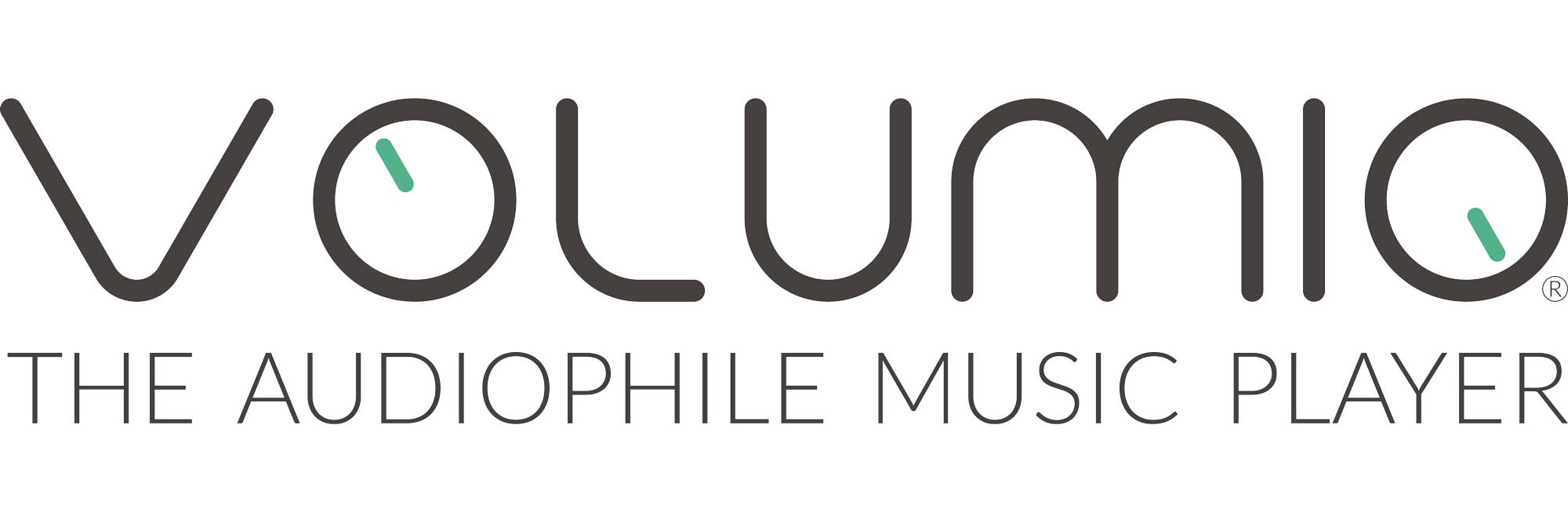Top Related Projects
An image (SD-card) to turn the Raspberry Pi into an easy to use MusicBox with Spotify playback and AirTunes streaming
Quick Overview
Volumio2 is an open-source audiophile music player designed for single-board computers like Raspberry Pi. It offers a web-based interface for managing and playing high-quality audio, supporting various music formats and streaming services. Volumio2 aims to provide an audiophile-grade listening experience with a user-friendly interface.
Pros
- High-quality audio playback with support for various formats and streaming services
- Web-based interface accessible from any device on the network
- Customizable and extensible through plugins
- Active community and regular updates
Cons
- Requires some technical knowledge for initial setup and configuration
- Limited to specific hardware platforms (primarily Raspberry Pi and similar SBCs)
- Some advanced features may require paid subscriptions or additional hardware
- Performance can vary depending on the hardware used
Getting Started
To get started with Volumio2:
- Download the latest Volumio image for your device from the official website.
- Flash the image to an SD card using a tool like Etcher or dd.
- Insert the SD card into your device and power it on.
- Connect to the Volumio Wi-Fi network and navigate to http://volumio.local or http://192.168.211.1 in your web browser.
- Follow the on-screen setup wizard to configure your audio output and network settings.
- Add your music library or connect to streaming services to start enjoying your music.
For more detailed instructions and troubleshooting, refer to the official Volumio documentation.
Competitor Comparisons
An image (SD-card) to turn the Raspberry Pi into an easy to use MusicBox with Spotify playback and AirTunes streaming
Pros of PiMusicBox
- Lightweight and efficient, suitable for older Raspberry Pi models
- Simple setup process with pre-configured images
- Supports a wide range of audio formats and streaming services
Cons of PiMusicBox
- Less frequent updates and maintenance compared to Volumio2
- Limited customization options and user interface features
- Smaller community and fewer third-party plugins
Code Comparison
PiMusicBox (Python):
def play_playlist(playlist):
for track in playlist:
mopidy.playback.play(track)
Volumio2 (JavaScript):
playPlaylist: function(playlist) {
return this.commandRouter.playPlaylist(playlist);
}
Both projects use different programming languages, with PiMusicBox primarily using Python and Volumio2 using JavaScript. The code snippets demonstrate a simplified approach to playing a playlist in each system. Volumio2's modular architecture allows for more extensive customization and plugin development, while PiMusicBox's codebase is more straightforward but less flexible.
Overall, PiMusicBox is a good choice for users seeking a simple, lightweight music player for Raspberry Pi, while Volumio2 offers more features, regular updates, and a larger ecosystem at the cost of higher resource requirements.
Convert  designs to code with AI
designs to code with AI

Introducing Visual Copilot: A new AI model to turn Figma designs to high quality code using your components.
Try Visual CopilotREADME
Volumio is an headless audiophile music player, designed to play music with the highest possible fidelity. Volumio runs on most embedded devices (Raspberry Pi, UDOO, Odroid, Cubieboard, Beaglebone, Pine64, Allo Sparky...) and on any ordinary PC (x86).
Volumio 2 System Images
LATEST
Logins
- user : volumio
- password : volumio
Root login via ssh has been disabled by default, however user volumio can become root.
Resources
Developers are welcome! Check out the resources:
- Main documentation
- Setup a dev environment
- Forum thread for feedbacks and suggestions
- Wiki (there might be some overlap between the documentation and the wiki; in general, consider documentation as the primary information source)
Volumio 2 Virtual Machines
Some VM images are available, although they're not always kept up-to-date. It can be an alternative to developing directly on target (Raspberry Pi, or whatever).
VMWARE Image is suggested, as Network configuration is tricky with Virtual Box
System Images built with Volumio Builder
Top Related Projects
An image (SD-card) to turn the Raspberry Pi into an easy to use MusicBox with Spotify playback and AirTunes streaming
Convert  designs to code with AI
designs to code with AI

Introducing Visual Copilot: A new AI model to turn Figma designs to high quality code using your components.
Try Visual Copilot


